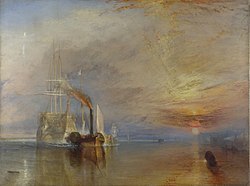 A woman working a modern lathe | |
| Origin | |
|---|---|
| Word/name | Middle English |
| Derivation | "one who works a lathe" |
| Region of origin | France, England |
| Other names | |
| Variant forms | Tuner, Turnor, Thurner, Tourner, Tournor |
| [1] | |
Turner is a common surname originating from Normandy, France, arriving in England after the Norman conquest with the earliest known records dated in the 12th century. It is the 28th-most common surname in the United Kingdom. [1] [2]
Contents
- List of people with surname Turner
- Common combinations of given name and surname "Turner"
- Less common first names
- Fictional characters
- See also
- References
Most often it derives from an occupational name applied to a maker of small objects out of wood, metal or bone, by turning on a lathe (from Old French tornier, "lathe", ultimately from Latin). [3] In this sense it is analogous to the German surnames Drexel, Drechsler, Dressler, and Dreyer, Polish Tokarz, Finnish Sorvari, Russian Токарев ( Tokarev ) and related to English surnames such as Potter and Crocker. [4] [5] Other occasional origins include Old French tournoieur, referring to someone either in charge of, or who participates in a tournament, and Turnhare, referring to a fast runner (one who can outrun a hare). [6]
Early recordings of this surname include Ralph le Turner in the late 12th century. The earliest recorded spelling of this family name dates from 1180 for "Warner le Turnur". [1]
